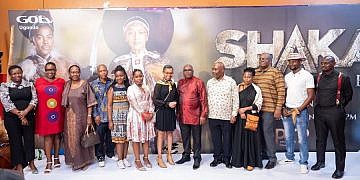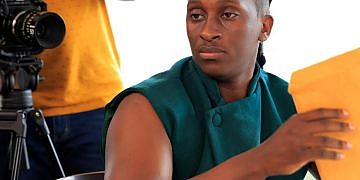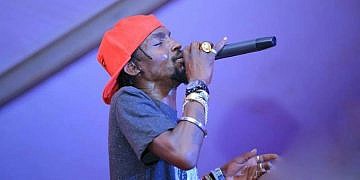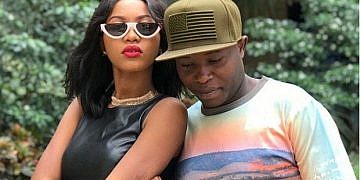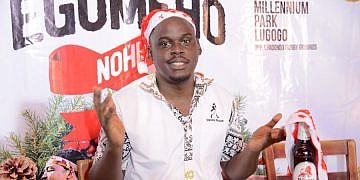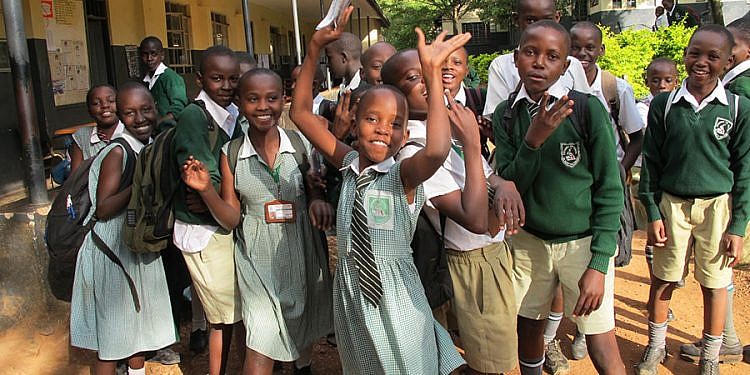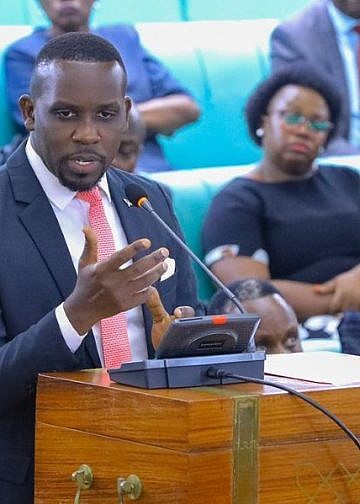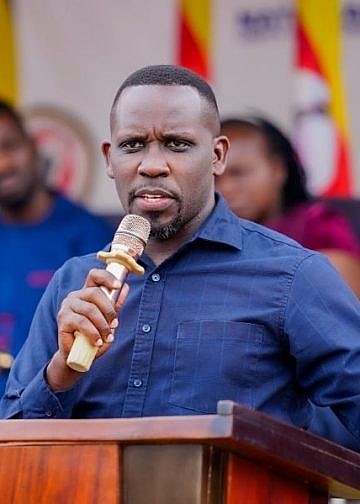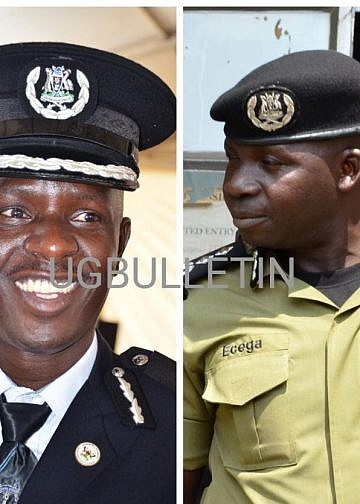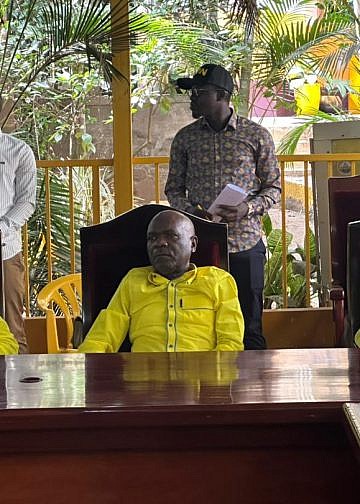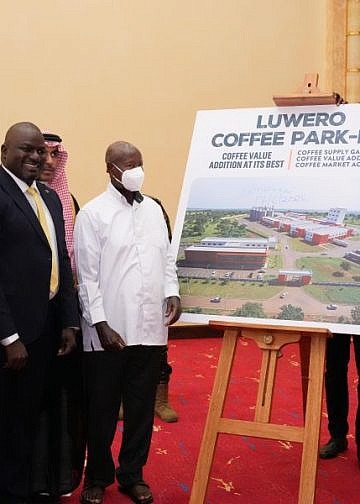Kampala Capital City Authority (KCCA) has asked Parliament to intervene in the decision by government to allocate merely shs 9,070 annually to each learner studying under the Universal Primary Education (UPE) saying the amount is too meager to sustain pupils in school.
The call was made by David Luyimbazi, Deputy Executive Director KCCA while appearing before Parliament’s Education Committee to defend the 2024/25 national budget framework paper for the authority’s education and sports programmes.
“As Kampala, the capitation grant we are getting is only shs 9,070 per unit per child per annum. This is very low, compared to the capitation given to other UPE learners in other districts. Other districts are getting shs20,000 per child per year but surprisingly Kampala gets shs9,070 per child yet the cost of providing education in the city is higher compared to other parts of the country, “said Luyimbazi.
“ It is very surprising, we have engaged the ministry on this and we are requesting that the capitation for Kampala is enhanced to a minimum of shs30,000 per learner per annum as opposed to shs9,070 that is given to each child per annum.”
The KCCA deputy Executive Director informed the committee that the unit cost attached to every learner means the authority will only receive shs687.6 million in capitation grant, despite the requirement of shs2.2 billion, thus leaving KCCA to grapple with shs1.524 billion.
According to KCCA, public schools enrolled 123,134 learners in 2023 and of these; 7,852 were enrolled in nursery school, 73,747 in primary schools while 44,537 pupils were enrolled at secondary school level.
Isaac Etuka, MP for Upper Madi backed the request from KCCA and called on the other lawmakers on the committee to treat the concern raised by the authority seriously.
“In case you have students in private schools, you know how much they pay but it is a very big disservice that in Kampala the city, where we know the cost of living is high, where we know schools pay even Shs1million, you are only giving shs10,000. Please, let us take that seriously,” he pleaded.
In the 2024/25 national budget, KCCA’s education and sports programmes have been allocated shs65.6 billion of which shs 53.5 billion will go towards payment of wages of teachers in the 79 schools owned by the authority, while shs 9.9 billion will be spent on non-wage expenditure, while shs2.2 billion will be spent on development projects in several schools.
However, the authority is seeking an extra shs5.025 billion that among other things is required to; construct one seed secondary school in Kawempe Division at shs2.8 billion; construction of a nine classroom block at Nakivubo Primary School at shs408 million; and, shs700 million as first payment for purchase of land to construct Bukasa Primary School in Makindye Division.
The authority is also seeking shs 467 million to carry out renovations and remove asbestos roofing at both Kyambogo College School and Makerere College Schools, while shs 47 million is also needed to construct a perimeter wall at Katali Primary School in Naguru.
Nakawa East MP, Ronald Nsubuga Balimwezo raised concern over the limited number of public owned schools in Kampala, noting that even when there are programmes that are adopted to address infrastructural gaps in the education sector by government, most times, Kampala is ignored.
“This issue of each sub-county having one secondary school and a parish having one primary school here in Kampala doesn’t apply. I have a parish called Mutungo, with over 120,000 people but with no government aided school. Recently, we approved a loan of $90 million (about shs 342.1 billion) and a grant of $60 million (about shs 228 billion) for the Uganda secondary school expansion programme (but) no single school will be expanded in Kampala and Wakiso District and only five in the entire Buganda region,” Balimwezo said.
Kabuye Kyofatogabye, Minister of State for Kampala and Metropolitan Areas in response said that KCCA received a directive from President Museveni to construct seed secondary schools in each division, but KCCA is facing a challenge of acquisition of land to implement this directive.
“Unfortunately the problem we have is land including Nakawa. We got money for Kanganga Seed School, but the issue is land because what the Ministry of Education wants is five acres for a secondary school, but in most divisions, we have failed to acquire land because of the population. However, there is hope in Kawempe where one primary school has almost 10 acres, and the school management is still discussing that you have the 6 acres and we have the school, so the plans are there to put up all these schools,” the Minister said.
Kashari South MP, Nathan Itungo asked KCCA to explain the steps being taken to ensure that right to education by children trapped on the streets is fulfilled.
“The constitution of Uganda in article 30, the shortest article, talks about the right to education. When you look at street kids in Kampala, they are kids of school going age, do you have a plan for these kids, where are they,”asked Itungo.
Minister Kyofatogambye responded, “The issue of the right to education of these street children isn’t under our docket, it is under the department of gender and community development. We rescue, then rehabilitate the children and unite with their families. Mainly 95% of the children on the street are coming from Karamoja, and from Napak (District) in particular. So we take them in, rehabilitate them and take them back to their families and we think, these children are now able to access all these other social activities including education.”








